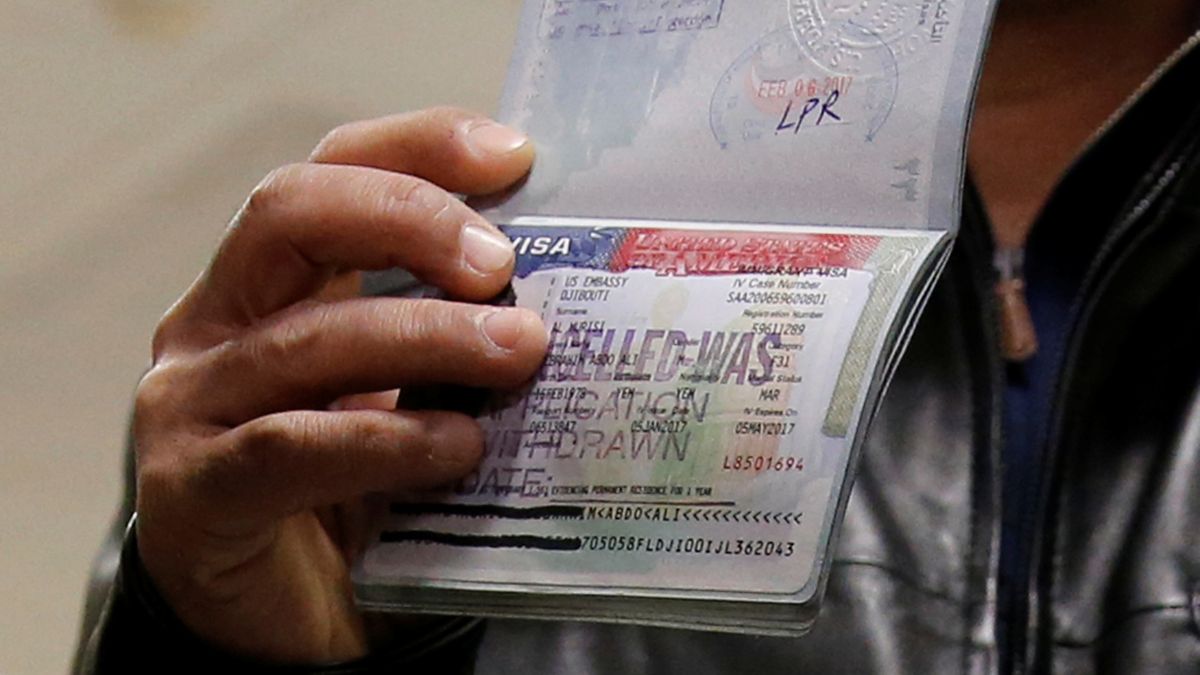The Optional Practical Training (OPT) programme, a vital pathway for international students in the US, is now facing increasing criticism from supporters of the Make America Great Again (MAGA) movement.
Following debates on the H-1B visa, OPT has emerged as the next focal point in the broader immigration discourse.
Critics argue that the programme unfairly competes with American graduates for jobs, while advocates highlight its role in fostering innovation and economic growth.
What is the OPT programme?
The OPT programme allows international students holding F-1 visas to work temporarily in the US in jobs directly related to their field of study. Established in 1947, it provides a crucial bridge for students to gain hands-on experience, build professional networks, and develop skills that enhance their career prospects.
Students in any academic field can apply for “post-completion” OPT for up to 12 months. Those in science, technology, engineering, and mathematics (STEM) fields are eligible for a 24-month extension, bringing their total work authorisation to three years. The Department of Homeland Security maintains a list of degree programmes that qualify for the STEM extension.
In 2023 alone, 276,452 students were authorised for post-completion OPT, while an additional 122,101 were approved for STEM OPT. Many of these students transition to H-1B visas or pursue permanent residency after their OPT period expires.
Why is OPT under fire?
MAGA proponents contend that the OPT programme has deviated from its original purpose of providing temporary work experience for skill development. They argue it has become a backdoor to long-term employment, bypassing Congressional oversight and displacing American graduates in the job market.
Critics often cite OPT’s rapid growth as evidence of its misuse. Over the last decade, the number of students receiving OPT work authorisation has more than doubled, while the US international student population has only grown by about 15 per cent.
They claim the programme operates without proper legislative approval and unfairly prioritises foreign graduates over domestic workers.
Legal challenges have also targeted OPT, including a 2023 lawsuit from WashTech challenging the STEM OPT extension. However, the Supreme Court declined to review the case, leaving the programme’s validity intact for now.
What is the economic and academic impact of OPT?
Advocates for OPT highlight its significant contributions to the US economy and higher education system. International students contributed $43.8 billion to the US economy in the 2023-2024 academic year, supporting over 378,000 jobs.
Research also suggests that regions with higher concentrations of OPT participants see increased wages and lower unemployment for US workers.
Beyond economic benefits, OPT plays a critical role in maintaining the global competitiveness of US universities. Without programmes like OPT, international students might opt for alternative destinations such as Canada, Australia, or China, which offer similar post-graduation work opportunities. This could result in reduced enrollment and financial resources for US academic institutions.
Restricting OPT could have far-reaching consequences. A Business Roundtable study estimates that curbing the programme might cost 443,000 jobs over a decade, including 255,000 held by US-born workers. It also warns of potential declines in hourly wages and GDP, further underscoring OPT’s economic importance.
What challenges are there with the OPT?
While OPT serves as a valuable tool for international graduates, it also highlights the limitations of the current US immigration system. The F-1 visa, which OPT participants hold, does not allow for “dual intent,” making it difficult for students to transition to permanent residency.
The highly competitive H-1B visa lottery exacerbates these challenges, with only 25 per cent of applicants selected in FY 2024.
For many, OPT provides a temporary reprieve — a chance to gain work experience, contribute to the US economy, and explore long-term career opportunities.
However, the lack of comprehensive immigration reform means that OPT often becomes the sole viable pathway for international students to remain in the US post-graduation.
The debate surrounding OPT is emblematic of broader tensions in US immigration policy. While critics seek to curtail the programme, supporters argue it is indispensable for attracting global talent, fostering innovation, and maintaining US leadership in critical industries such as semiconductors and artificial intelligence.
As international students continue to contribute to the US in diverse ways, the stakes for preserving and modernising OPT remain high.
With inputs from agencies


)

)
)
)
)
)
)
)
)



